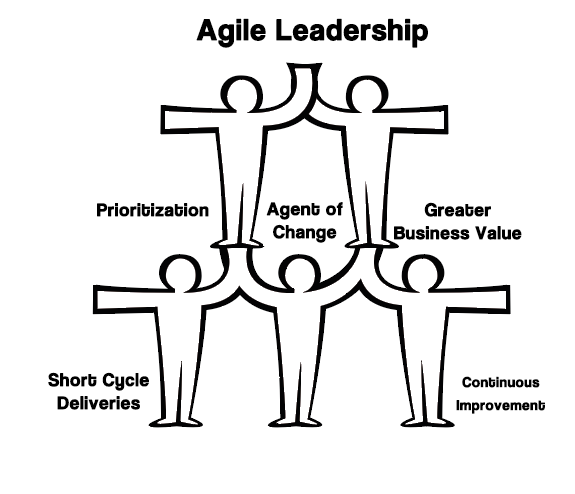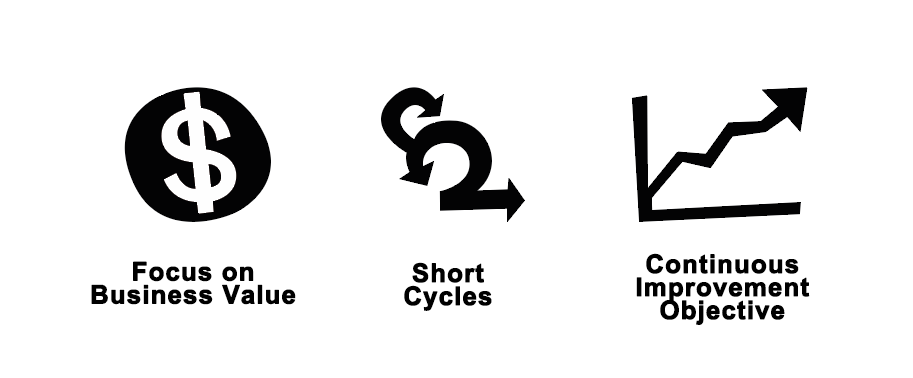The field of Human Resources or PD emerged together with the industrial revolution – mainly to handle hiring and firing. We all recall the famous phrase whenever someone’s being let go: “Pass by HR”. As industries grew and became more professional, the HR departments followed suit.
Not long ago, you’d see the HR department answering to the financial or administrative departments, and this shows how unimportant it used to be. Today, we see HR directors with equal chances on a track to succeed the organization’s president, revealing shows this field’s current level and relevance.
However, with this professionalization, all of the management tools (SAP, ISSO, PMI …) and compliance, HR has hardened. Instead of being a strategic department for the company’s growth, is too often an enormous bottleneck. Today, HR hides behind a lot of self-inflicted bureaucracy.
Now what? What’s the way out?
With the arrival of Agile, there’s a great chance HR might reinvent itself and prevent the worst. Agile isn’t a tool or a fad, Agile is culture! And what department better than HR to start and lead this change?

Let’s start with the definition of Agile. A lot of people confuse agility with fast projects or working quickly. It’s not that agility doesn’t bring speed, but it’s so much more than that. Being agile isn’t being fast, but rather adaptable. We love the metaphor of the bullet train and the cheetah. The bullet train is very fast but unable to change direction beyond its tracks and if a bridge collapses, we’ll all die very fast indeed. The cheetah, on the other hand, isn’t as fast as the train, but has the capacity to change direction and adjust its speed as the prey (objective) also changes. So, agile would be like the cheetah and not the bullet train.
And since we’re talking about culture, let’s be quite clear. We can state that this
company, sector or team has an agile mindset if it:
- focuses on business values
- executes goals in short cycles
- includes an objective of continuous improvement.

Now, can a team be agile without the so-called Scrum? Of course! Agile is a culture and Scrum, like Kanban, is a tool which became popular and important when implementing agile and achieving transformation. But we understand that not all teams have to use these tools much less implement them by-the-book. As we’ve already said, to be agile is to be adaptable. Each company’s culture, values, and purposes must adapt these tools so the people working there are always respected. In other words, it’s HR’s duty to support and encourage the implementation of Agile!
